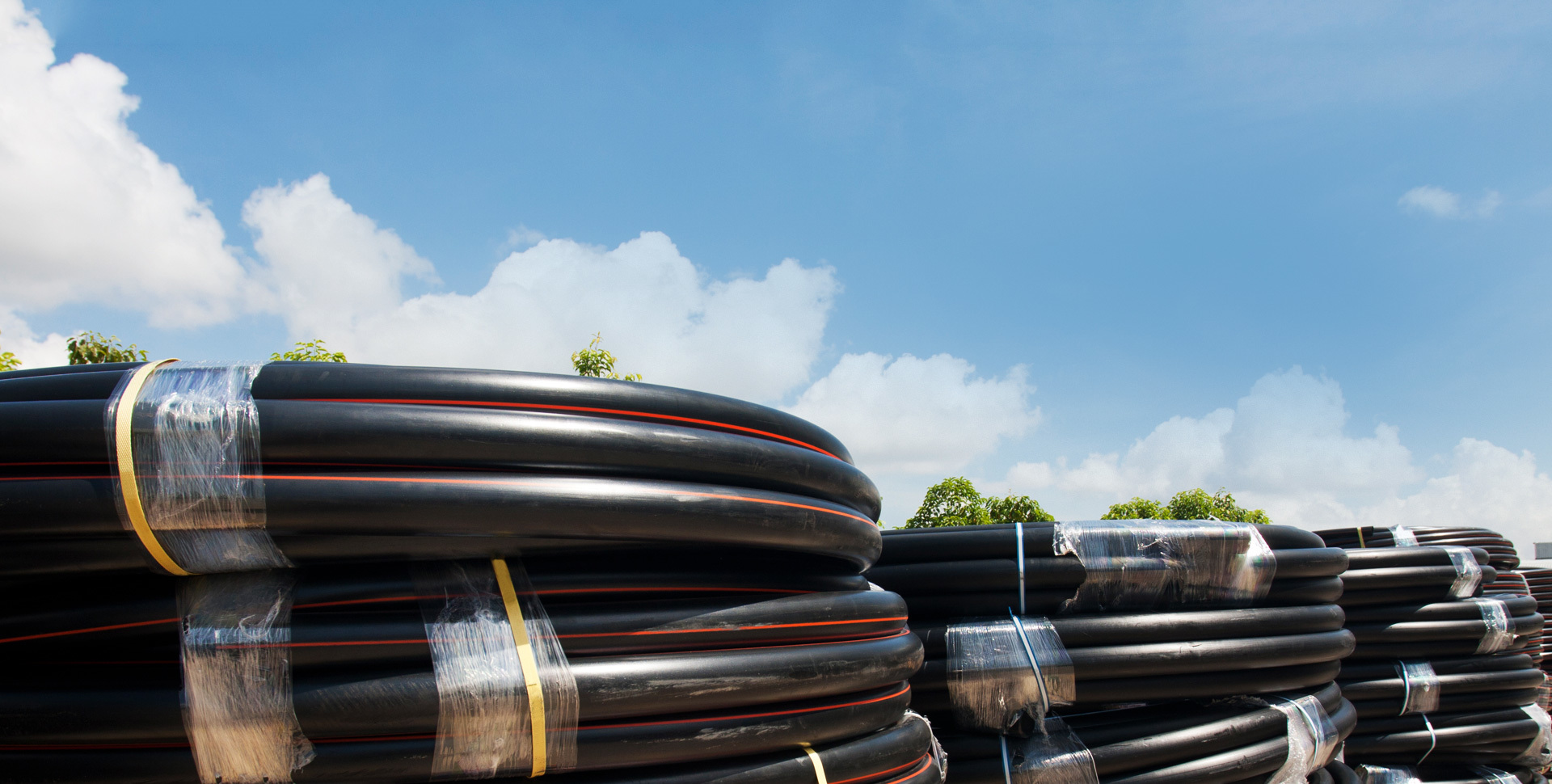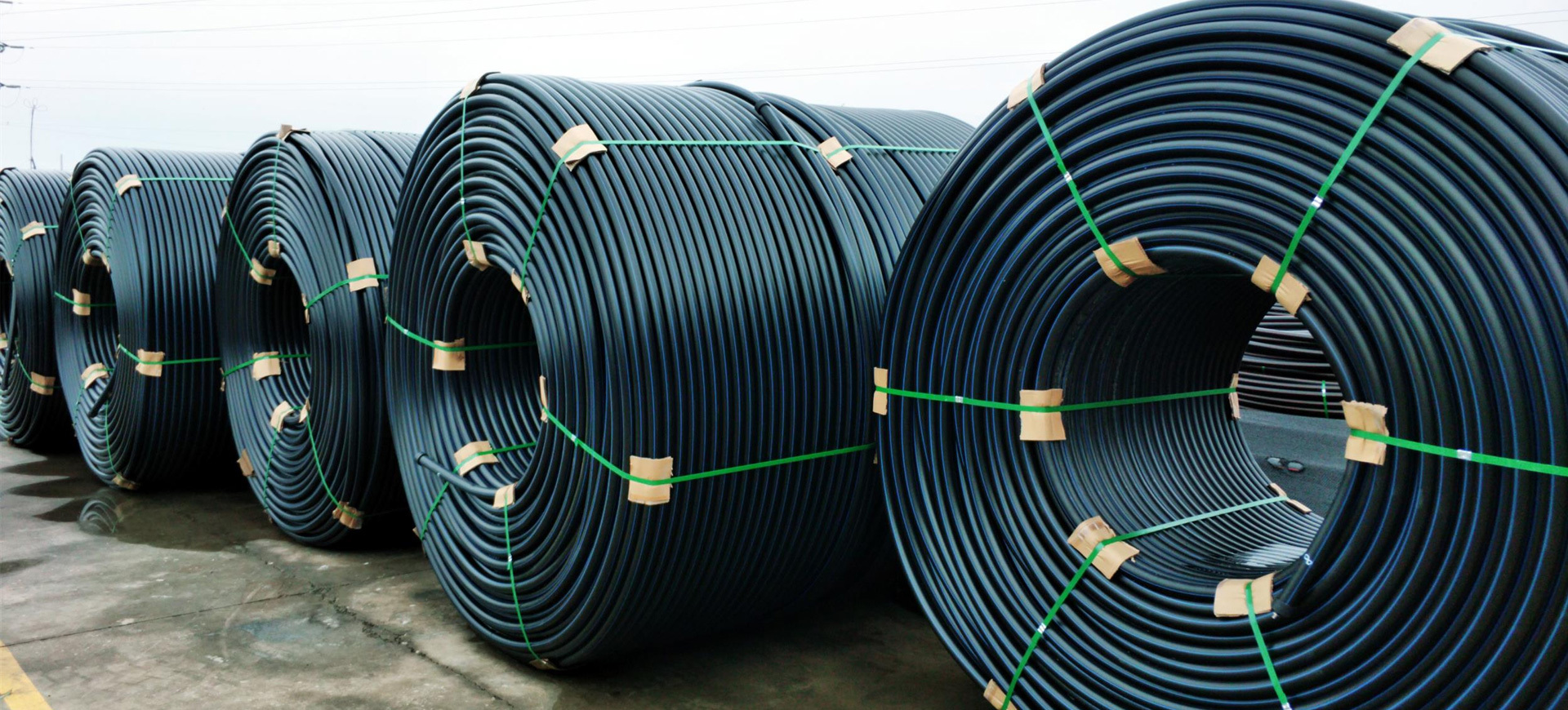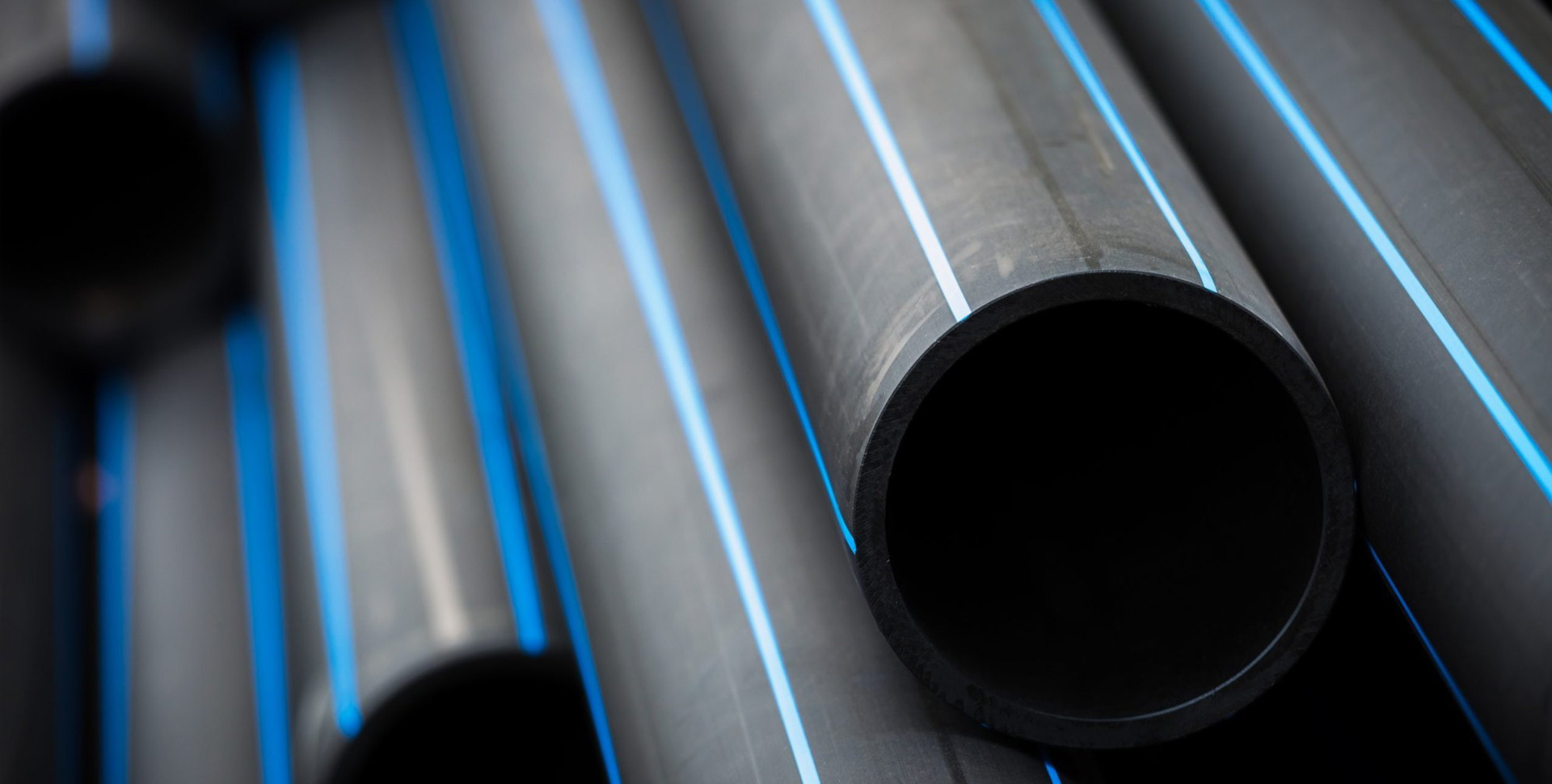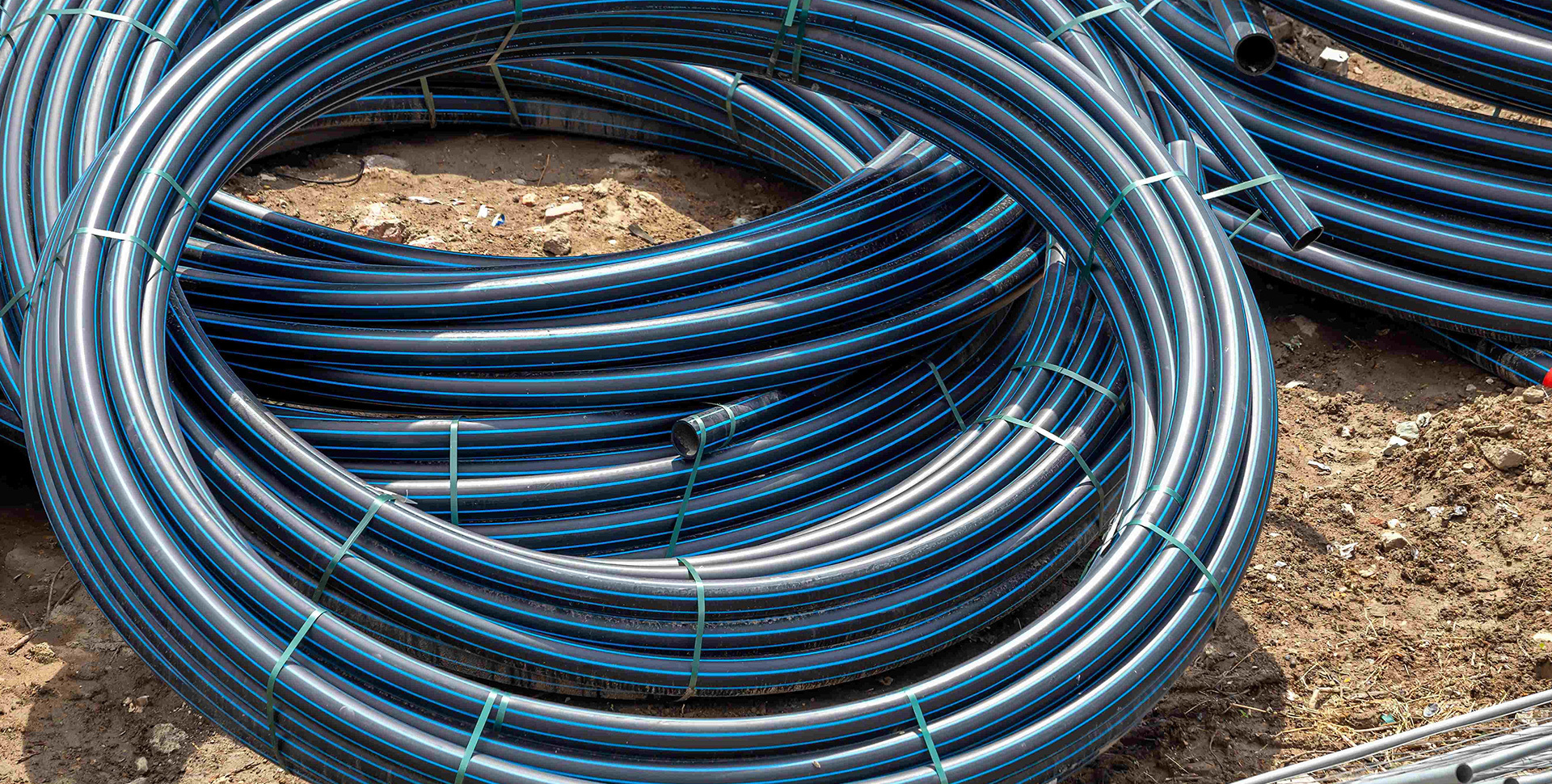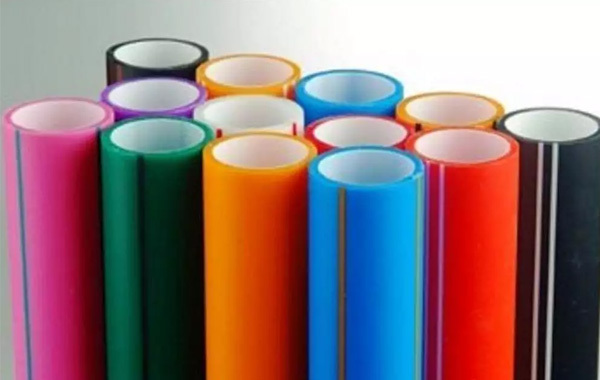Empowering Industrial Sustainability: The Role of Porous Silicon Core Cluster Tubes in Pipelines
Oct 22,2024
Empowering Industrial Sustainability: The Role of Porous Silicon Core Cluster Tubes in Pipelines
Table of Contents
1. Introduction to Industrial Sustainability
2. The Importance of Pipeline Efficiency in Industrial Operations
3. Understanding Porous Silicon Core Cluster Tubes
3.1. What Are Porous Silicon Core Cluster Tubes?
3.2. Key Properties of Porous Silicon
4. Benefits of Using Porous Silicon Core Cluster Tubes in Pipelines
4.1. Enhanced Durability and Longevity
4.2. Reduced Environmental Footprint
4.3. Improved Fluid Dynamics and Efficiency
5. Applications of Porous Silicon Core Cluster Tubes in Various Industries
5.1. Oil and Gas Sector
5.2. Water Treatment and Distribution
5.3. Chemical Processing
6. Future Trends in Pipeline Technology and Innovation
7. Challenges in Implementing Porous Silicon Technology
8. Frequently Asked Questions (FAQs)
9. Conclusion
1. Introduction to Industrial Sustainability
In the rapidly evolving industrial landscape, sustainability has become a central focus. Companies are increasingly pressured to reduce their environmental impact while enhancing operational efficiency. This shift is not merely a trend; it is a necessity driven by regulatory frameworks, consumer expectations, and the pressing need for resource conservation.
2. The Importance of Pipeline Efficiency in Industrial Operations
Pipelines are critical components of industrial infrastructure. They transport essential fluids and gases, making their efficiency pivotal for operational success. Inefficient pipelines can lead to significant resource wastage, increased operational costs, and detrimental environmental impacts. Thus, improving pipeline technology is vital for achieving sustainability goals.
3. Understanding Porous Silicon Core Cluster Tubes
3.1. What Are Porous Silicon Core Cluster Tubes?
Porous silicon core cluster tubes are innovative materials designed for enhanced performance in pipeline systems. These tubes are constructed from silicon, which is characterized by its lightweight and high strength-to-weight ratio. The porous structure provides numerous benefits, including improved fluid flow and reduced weight without compromising durability.
3.2. Key Properties of Porous Silicon
Porous silicon exhibits unique properties that make it particularly suited for industrial applications. Its ability to allow fluid penetration while maintaining structural integrity is crucial in pipeline systems. Additionally, its chemical stability and resistance to corrosion enhance its lifespan, making it a valuable alternative to traditional pipeline materials.
4. Benefits of Using Porous Silicon Core Cluster Tubes in Pipelines
4.1. Enhanced Durability and Longevity
One of the primary advantages of porous silicon core cluster tubes is their remarkable durability. These tubes can withstand harsh environmental conditions and high-pressure situations, significantly reducing the frequency of repairs and replacements. This durability translates into lower maintenance costs and a longer overall lifespan for pipeline systems.
4.2. Reduced Environmental Footprint
Utilizing porous silicon core cluster tubes contributes to a reduced environmental footprint. Their lightweight nature decreases energy consumption during transportation and installation. Moreover, the materials are often recyclable, further minimizing waste and promoting a circular economy within industrial operations.
4.3. Improved Fluid Dynamics and Efficiency
The design of porous silicon core cluster tubes allows for improved fluid dynamics. The porous structure facilitates smoother flow, reducing turbulence and friction. This efficiency not only optimizes energy use but also enhances the overall performance of the pipeline, leading to cost savings and better resource management.
5. Applications of Porous Silicon Core Cluster Tubes in Various Industries
5.1. Oil and Gas Sector
In the oil and gas industry, the reliability of pipeline systems is paramount. Porous silicon core cluster tubes provide a robust solution for transporting crude oil, natural gas, and refined products. Their resistance to corrosive materials and ability to function under extreme conditions make them ideal for this demanding sector.
5.2. Water Treatment and Distribution
Water treatment facilities benefit significantly from porous silicon core cluster tubes. Their ability to resist biofouling and promote efficient water flow is essential for maintaining clean and safe water distribution systems. Furthermore, these tubes can enhance filtration processes, leading to improved water quality.
5.3. Chemical Processing
In chemical processing, where various substances are transported, the integrity of pipelines is crucial. Porous silicon core cluster tubes provide the necessary chemical resistance, allowing for the safe transport of hazardous materials. Their durability reduces the risk of leaks and spills, making operations safer and more reliable.
6. Future Trends in Pipeline Technology and Innovation
The future of pipeline technology is leaning towards the integration of smart materials and advanced monitoring systems. As industries continue to seek sustainability, innovations like porous silicon core cluster tubes will play a pivotal role. Research and development will likely focus on enhancing the performance and versatility of these materials, making them applicable across a broader range of industries.
7. Challenges in Implementing Porous Silicon Technology
Despite their numerous advantages, the adoption of porous silicon core cluster tubes is not without challenges. Initial costs can be a barrier for some companies. Additionally, the manufacturing process requires advanced technology and expertise, which may not be readily available in all regions. Addressing these challenges will be essential for wider implementation.
8. Frequently Asked Questions (FAQs)
1. What are porous silicon core cluster tubes used for?
Porous silicon core cluster tubes are primarily used in pipelines for transporting fluids and gases in sectors such as oil and gas, water treatment, and chemical processing.
2. How do porous silicon tubes improve pipeline efficiency?
They enhance fluid dynamics, reduce turbulence, and lower friction, which leads to optimized energy use and better overall pipeline performance.
3. Are porous silicon core cluster tubes environmentally friendly?
Yes, these tubes have a reduced environmental footprint due to their lightweight nature, recyclability, and durability, which lowers maintenance and replacement needs.
4. What industries benefit most from porous silicon technology?
The oil and gas, water treatment, and chemical processing industries are among the primary sectors that benefit from the use of porous silicon core cluster tubes.
5. What challenges are associated with implementing this technology?
Challenges include initial costs, the need for advanced manufacturing technology, and the expertise required for production and installation.
9. Conclusion
Porous silicon core cluster tubes represent a significant advancement in pipeline technology, aligning with the growing demand for sustainability in industrial operations. Their unique properties offer enhanced durability, efficiency, and environmental benefits, making them a compelling choice for various industries. As we embrace these innovative materials, we pave the way for a more sustainable industrial future, effectively balancing operational demands with environmental responsibilities. The transition to porous silicon technology not only enhances pipeline performance but also contributes to a greener planet, demonstrating that industrial progress and sustainability can indeed go hand in hand.
Latest News

